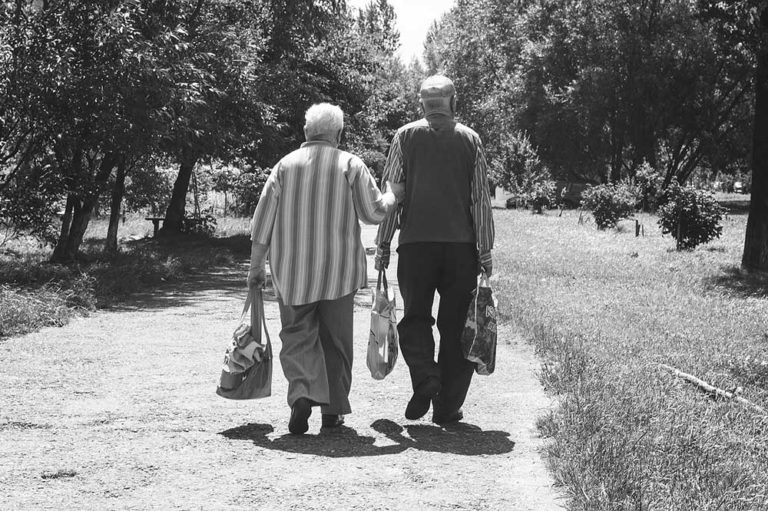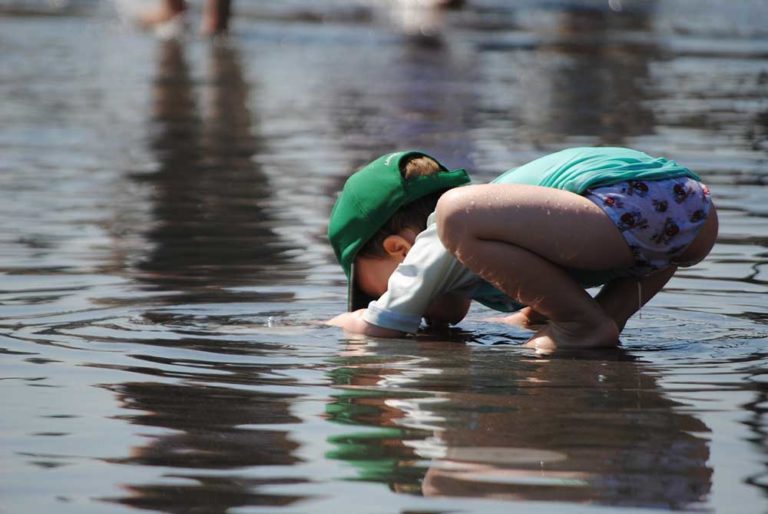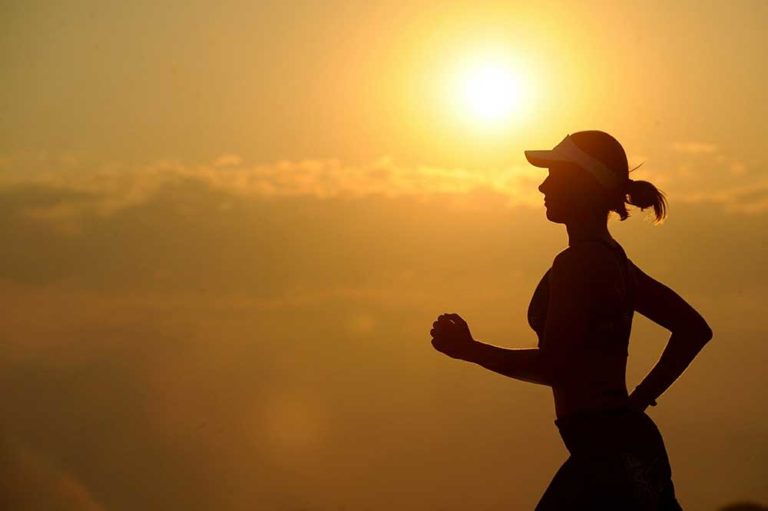It's a global trend, with the average rise in temperature, our summers are becoming scorching.
In France, summer 2017 rarely started with such high temperatures.
According to Météo France, Tuesday June 20 was the hottest day of 2017. As for Monday May 29, it will remain the hottest day for a month of May in 70 years!
Also in June, for almost 10 days, temperatures exceeded 35°C in the majority of our regions, forcing the competent authorities to put more than ¾ of the departments on Heatwave Alert.
When do we talk about a heatwave?
In France, meteorological services warn that there is a risk of a heatwave when for at least three days, minimum temperatures, particularly at night, are above 20°C and maximum temperatures above 33°C.
If, since COP 21, awareness has been awakening and governments are mobilizing to limit the rise in temperatures, everything has been done, climate change nevertheless seems inevitable.
It is up to us on a daily basis to act with respect for the environment to limit this rise in temperature and because we also need to prepare ourselves, here are some tips that will help you better face the heatwaves to come. Who are the people most at risk from such heat?
- Old people :
They are the first victims of the heatwave. This vulnerability was particularly highlighted during the heatwave of summer 2003 when numerous deaths due to high heat were recorded. This vulnerability is due to sweating disorders. Indeed, older people produce less sweat than younger people. They therefore have more difficulty adapting their bodies to sudden rises in temperature. The second cause is a disruption of the thirst mechanism. The older person's body feels the sensation of thirst later than a younger individual, when the body is already in a state of dehydration.
In order to prevent risks, a National Heatwave Plan (PNC) is activated each year from June 1st. This PNC is materialized by an information number where people can be informed about the health recommendations to follow during periods of extreme heat.
If you or someone close to you experience symptoms of dehydration (cramps, headaches, dizziness, unusual fatigue, etc.), you are advised to:
- Drink about 1 liter of water per day even without feeling thirsty
- Eat enough and prefer cold foods
- Keep your home cool (shutters closed – and ventilated either with half-open windows or a fan)
- Avoid physical exertion
- Get news from those around you
- Take a cool bath or shower.

Number: 0800 06 66 66
Hours: 9 a.m. – 7 p.m.
Free call
- Children (3-9 years) and babies :
Young and fragile, they are also an exposed population that requires particular vigilance. First of all because they are not necessarily informed on the subject due to their young age. Then you should know that water represents more than 70% of a baby's body weight! In short, the body of a 6 kilo baby contains a little more than 4 liters of water. The infant has a large body surface area with high skin evaporation water losses. Given his young age, he concentrates his urine little to compensate for his skin water loss. Finally, he is dependent on those around him and can only express his thirst through crying, which is often misinterpreted.
In case of extreme heat, it is advisable to adopt the following behavior:
- Keeping your children cool in the house and taking evening walks
- Prefer light outfits when going out with a cap and sunglasses.
- At home, leave infants in a single layer to prevent their body from becoming overheated.
- Give him water to drink throughout the day (in small, regular doses)
- Refresh your body with wipes or a water mist.
- Do not hesitate to regularly moisten the top of your head.
- For children whose diet is varied: favor fresh fruits saturated with water (watermelon, melon, strawberries, peach, etc. from the fridge) or in compote, green vegetables (zucchini and cucumbers) or dairy products (yogurt or cheese). white) at mealtimes (when the child does not have lactose intolerance).

For the rest, a healthy and varied diet (preferring cold foods/dishes) as well as a daily water intake of around 1L will allow you to better tolerate the heat.
- Professions at risk:
During periods of extreme heat (heatwave) all employees are exposed seasonally. The arduousness of the work will be linked to the insulation conditions of their workstation in relation to the ambient temperature and will be increased for workstations with heat production and/or requiring physical activity.
Certain professions are more exposed than others to the effects of heat waves because part of their activity is carried out directly outdoors:
- Construction workers
- Agricultural workers
- Transport and VRP employees
Other trades are also more or less affected depending on their daily activities (certain industrial positions, firefighters, textile trades, bakers, cooks, etc.).
It is up to employers to also be vigilant and if possible to organize working and exposure times.
- Addicts to sport:
Concerning people wishing to practice sport, there are some rules to respect in order not to risk their health by wanting to improve it:
- Avoid practicing physical activity during the hottest hours of the day.
- Wear a cap
- Practice physical activity in the shade or in a ventilated environment.
- Control your hydration: drink before, during and after exercise, at a rate of one glass every ten minutes.
- During exercise: avoid drinking too much pure water and prefer solutions containing 30 to 80 g/l of glucose and 400 to 1100 mg/l of sodium.
- After exercise: checking the weight on the scale allows you to estimate the volume of water lost. We will choose bottled mineralized water to which we will add 50 grams of sugar or prepared solutions found commercially.

- Beware of preconceived ideas
- Drinking too much water: 1L to 1.5L of water per day is sufficient for normal physical activity.
- Thinking that the parasol protects us: the parasol will certainly create shade but, as with the snow, the sun reflects on the sand and water which accentuates the heat phenomenon.
- Drinking too quickly and ice cold: An ice cold liquid brings a faster feeling of satiety. It's pleasant, but it's not necessarily the most effective for hydrating because cold water anesthetizes the thirst receptors, which makes you feel like you're hydrating faster while the body is still lacking. of water.
- Drink alcoholic beverages (even cold ones): heatwave or not, alcohol remains dangerous for your health and should be consumed in moderation. But in case of high heat, mojitos swallowed by the pool can alter the sweating process and further accelerate dehydration of the body.
- Icy showers: cold showers brutalize the body and can even worsen the general condition. A cool or lukewarm shower works best.
As you will have understood, there is no miracle solution to deal with a persistent heatwave. However, by following these few tips and adding a varied and seasonal diet, you will be able to have a peaceful summer without the heat affecting your health and ruining your vacation. A healthy and diversified diet (with varied nutritional intake) will allow your body to stay in great shape all summer long.
Discover ideas for delicious and balanced recipes on our blog: Organic Health Recipe
Please note that Quintesens organic oil blends will allow you to meet your daily needs for Essential Fatty Acids and Vitamin E.
They are therefore an interesting health ally to give to your body in the best conditions to face the heat.
To find out more, go here: here .
